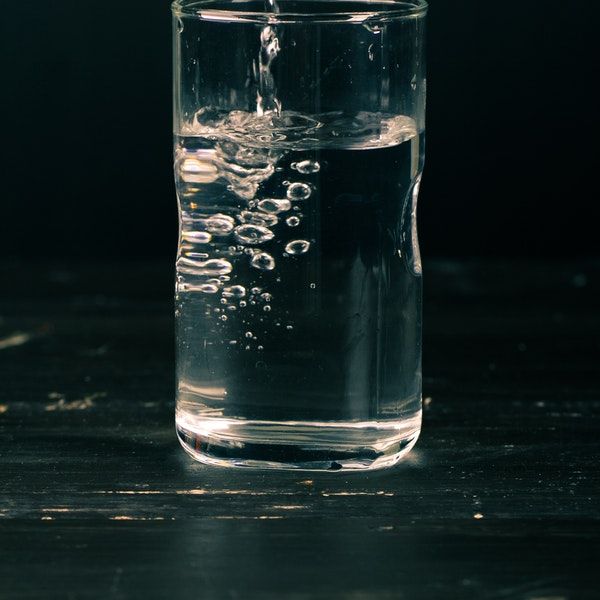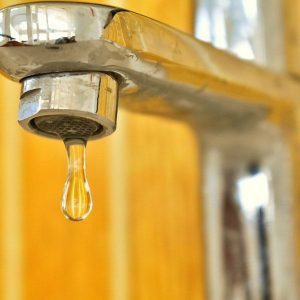Will Running Your Water Softener Without Salt Ruin It?
Water softener salt pellets or crystals are used during the regeneration cycle. Your media or resin needs regeneration to carry out the ion-exchange process.
The salt solution is washed through the resin bed to flush out the hard water minerals attached to the media.
If you don’t use softener salt, this will prevent the resin bed from operating properly. The reverse ion-exchange process would stop and your unit won’t produce soft water.
Your resin bed will remain saturated and will be unable to carry out the ion-exchange process.
With this, you’ll begin to see an accumulation of hard water minerals at any surface hard water is in contact with.
Hard water minerals when dried will leave a white scaly residue behind on your fixtures and appliances. If this continues to build up, it can impair your appliances!
Scale buildup will also become a problem for your plumbing system. A large amount of buildup will hinder the flow rate, which will increase the water pressure. This will lead to more energy usage as well as higher energy bills.
White stains can also build on bathtubs, glass doors, dishwashers, and dishes! Laundry done with hard water will make your clothes stiff over time and fade out their color too!
Most of these effects are visible but they’d be a real hassle to clean up!

No Salt Means No Soft Water
For salt-based water softeners, there’s no alternative. You need to use softener salt.
Salt-based water softeners eliminate hard water ions through an ion exchange process. A water softener comes with a resin and softener tank.
Hard water flows through the resin beads which are negatively charged. These attract positively charged hard water ions. Once the resin bed is full of hard minerals, it requires recharging.
This is where softener salt is required to trigger a reverse ion exchange so the resin bed is regenerated to continue the natural process!
Simply put, if there’s no salt, there can be no regeneration, which means no soft water! And if there’s no soft water, there’s increased scale buildup!
Conclusion
To stop your water softener from running out of salt, the best recommendation is to keep an eye on your brine tank.
Make it a habit to check on the salt levels in your brine tank each time you pass by it.
Another piece of useful advice would be to purchase additional bags of salt. These come in hand if you suddenly need them!
